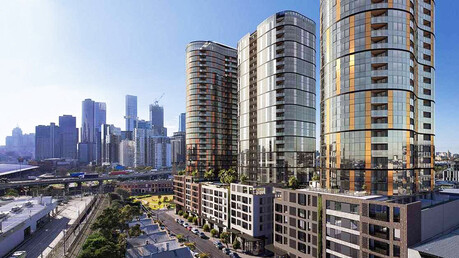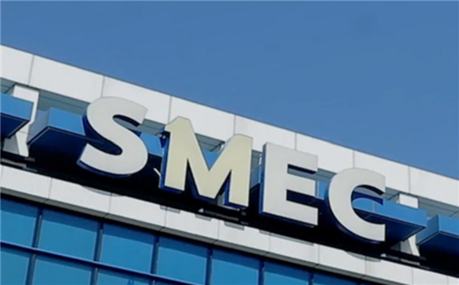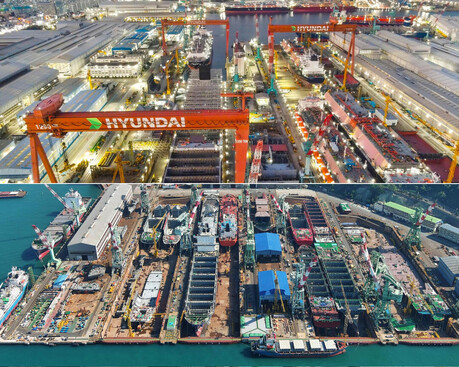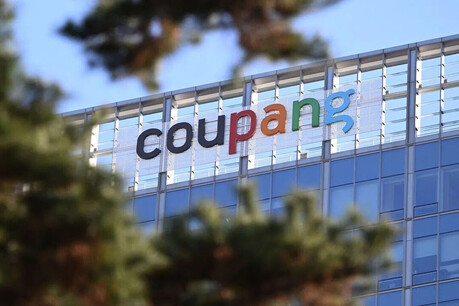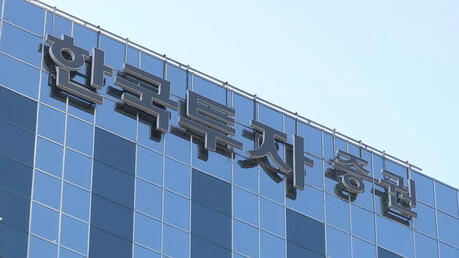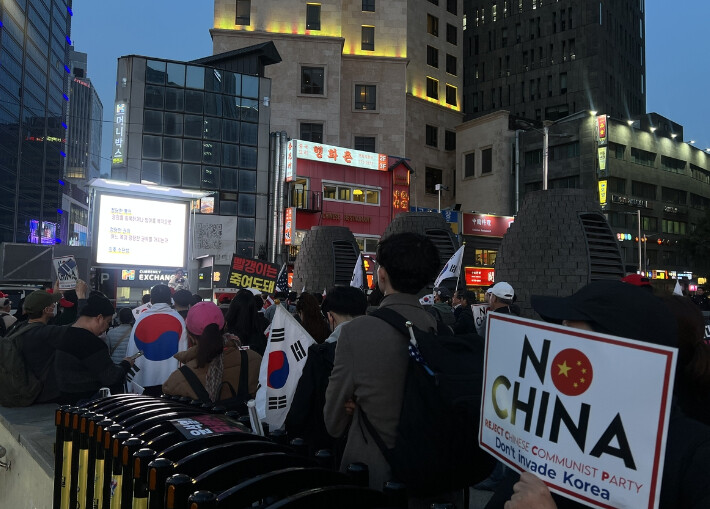
SEOUL — South Korean Prime Minister Kim Min-seok has issued an urgent and firm directive to the nation’s police force, ordering them to take "strong measures" against a recent surge in anti-China protests across Seoul. The move comes as demonstrations, characterized by nationalist slogans and aggressive behavior, have sparked concerns about public safety and diplomatic relations.
The Prime Minister's office confirmed on Thursday that Kim instructed the acting chief of the National Police Agency to "closely monitor the protest situation and, if necessary, take strong action" in accordance with the Act on Assembly and Demonstration and the Police Officer's Duties Execution Act. This directive underscores the government's resolve to maintain order and protect citizens from potential disruption caused by the rallies.
In a statement, Kim emphasized the need to prioritize the well-being of local communities. "We must do our best to ensure the safety and maintain order so that the daily lives of local merchants, residents, and Chinese nationals staying here are not met with greater inconvenience and anxiety," he said.
The directive follows a series of recent protests led by conservative groups in Seoul's bustling Myeongdong and Daerim-dong neighborhoods, which are popular with Chinese tourists and residents. Protesters have been seen marching through the streets, chanting slogans such as “China Out” and “Xi Jinping Out,” and in some cases, desecrating the Chinese flag. Reports indicate that these demonstrations have led to confrontations and heated exchanges between participants and local business owners, as well as tourists.
The government's hardline stance on the issue was previewed by President Lee Jae-myung during a cabinet meeting on September 9th. The president had previously condemned the rallies, describing them not as a form of free expression but as "hooliganism" designed to intentionally worsen diplomatic ties by insulting visitors from a specific country. He had also called for the swift implementation of countermeasures.
Political analysts suggest that the timing of the Prime Minister's order is particularly significant. The measure is widely interpreted as a preemptive move ahead of Chinese President Xi Jinping's anticipated attendance at the Asia-Pacific Economic Cooperation (APEC) summit scheduled to be held in Gyeongju. Authorities appear keen to prevent any incidents that could complicate high-stakes diplomatic proceedings.
In a separate but related matter, the Prime Minister also addressed a recent error on Google Maps, which had incorrectly labeled the Dokdo Museum in Ulleung-gun as the "Kim Il-sung Memorial Hall (Annex)." He ordered officials to investigate the cause of the error and to make a strong request to Google to correct the issue and prevent future mislabeling. The museum is a significant cultural site dedicated to the history of Dokdo, a group of islets whose sovereignty is a sensitive topic in the region.
[Copyright (c) Global Economic Times. All Rights Reserved.]


















